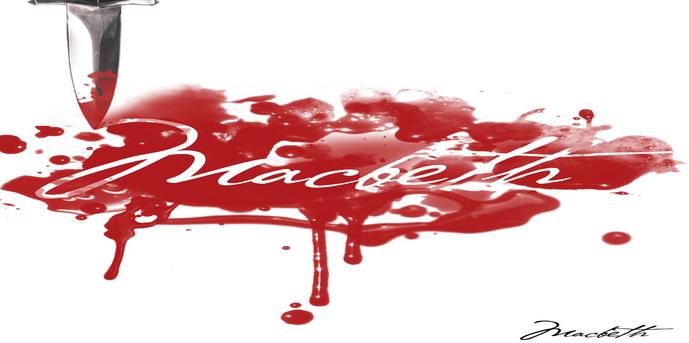
(1.3.156-7)Ĭommentary: A reference to two passages from the Bible: John 9.4: "I must work the works of him that sent me, while it is day: the night cometh when no man works" and Job 7.1,2: "Is there not an appointed time to man upon the earth? and are not his days as the days of an hireling. Time and the hour runs through the roughest day. In Matthew 4.6, Satan attempts to use Scripture to tempt the Lord: "If thou be the Son of God, cast thyself down: for it is written, He shall give his angels charge concerning thee and in their hands they shall bear thee up, lest at any time thou dash thy foot against a stone." Jesus replies, "It is written again/Thou shalt not tempt the Lord thy God."

In Corinthians 11.13-14 we are told, "For such are false apostles, deceitful workers, transforming themselves into the apostles of Christ.Īnd no marvel for Satan himself is transformed into an angel of light". The instruments of darkness tell us truths, (1.3.123-4)Ĭommentary: Satan using Holy Scripture to lead us into sin is a common theme throughout the Bible. Judas approaches Jesus, saying, "Hail Master." The Witches greet Macbeth in a similar fashion, and, as Judas betrayed Jesus, so do the Witches betray Macbeth.īanquo: If you can look into the seeds of time,Īnd say which grain will grow and which will not,Ĭommentary: Banquo, unconvinced that the Witches can forsee the future, makes reference to Ecclesiastes 11.6: "In the morning sow thy seed, and in the evening withhold not thine hand: for thou knowest not whether shall prosper, either this or that, or whether they both shall be alike good."īanquo: And oftentimes, to win us to our harm, His plan is to identify Jesus by greeting him with a kiss so that the soldiers will know which man to arrest. In Matthew 26.49, Judas prepares to betray Jesus to the Sanhedrin and Roman soldiers. In 1 Samuel 10.24 the people greet King Saul: "And all the people shouted, and said, God save the king."įirst Witch: All hail, Macbeth! hail to thee, thane of Glamis! (1.3.51)Ĭommentary: "All hail" is a common greeting in the New Testament, but one use of the phrase stands out in particular when discussing this passage from Macbeth. Shakespeare's Sergeant tells King Duncan that the army he has just encountered is as violent and remorseless as the soldiers who put Christ to death.Ĭommentary: Although Shakespeare would have been familiar with this now commonplace salutation simply by living under monarchical rule, the saying originated in the Bible. Sergeant: Except they meant to bathe in reeking wounds,Ĭommentary: A reference to Christ's death upon Mount Calvary, as reported in Matthew 27.33: "And when they were come unto a place called Golgotha, that is to say, a place of a skull." According to John 29.34, a Roman soldier pierced Christ's side as he hanged from the cross.

I have divided the discussion of biblical imagery in Macbeth into acts and scenes for easy reference. Shakespeare himself would have been most familiar with an earlier version of the Bible, possibly the Geneva Bible, the Bishop's Bible, or the Great Bible, because the first edition of the King James Bible (Authorized Version) did not appear until 1611. Please note that the biblical quotes used in this article are taken from the King James Authorized Version, unless otherwise stated. It would take volumes to examine comprehensively Shakespeare's use of biblical imagery, so I will limit the discussion to one play - Macbeth. No writer has integrated the expressions and themes found in the Bible into his own work more magnificently than Shakespeare. Shakespeare's debt to Scripture is profound biblical imagery is woven into every play. We hear the echoes of its speech everywhere and the music of its familiar phrases haunts all the fields and groves of our fine literature" (Ackermann 9). It has been something more than a 'well of English undefiled', it has become part of the spiritual atmosphere. "It has colored the talk of the household and the street, as well as molded the language of the scholars.

Metaphors in Shakespeare's Macbeth - A detailed look at biblical imagery in the tragedy Macbethīiblical Imagery in Macbeth No book has made a greater impact on world literature than the Bible.


 0 kommentar(er)
0 kommentar(er)
